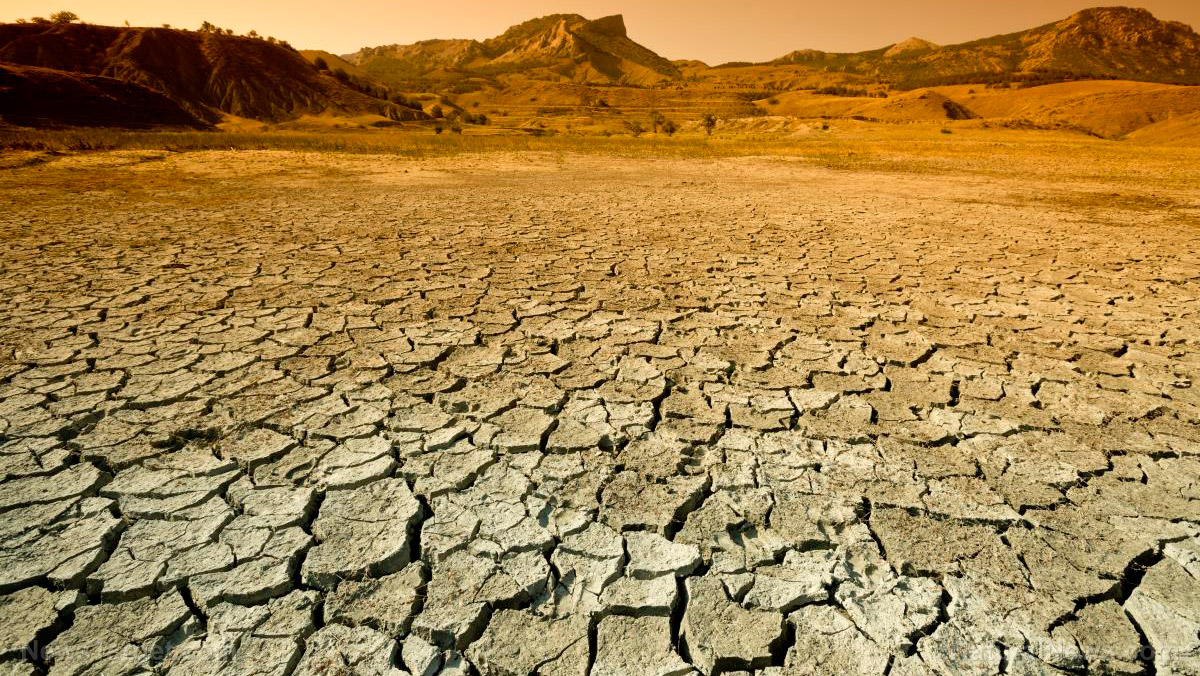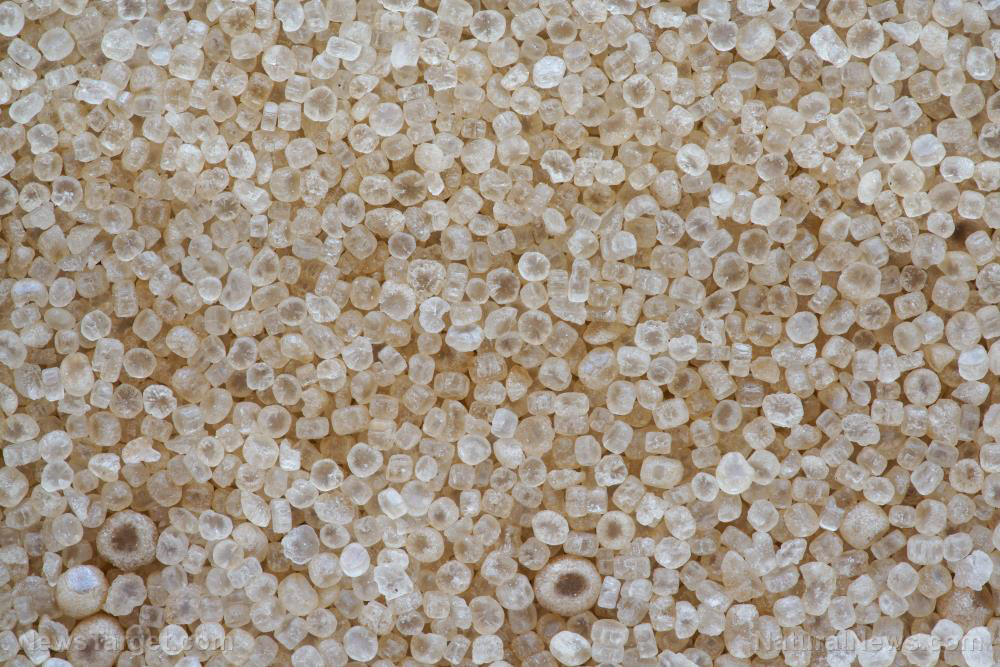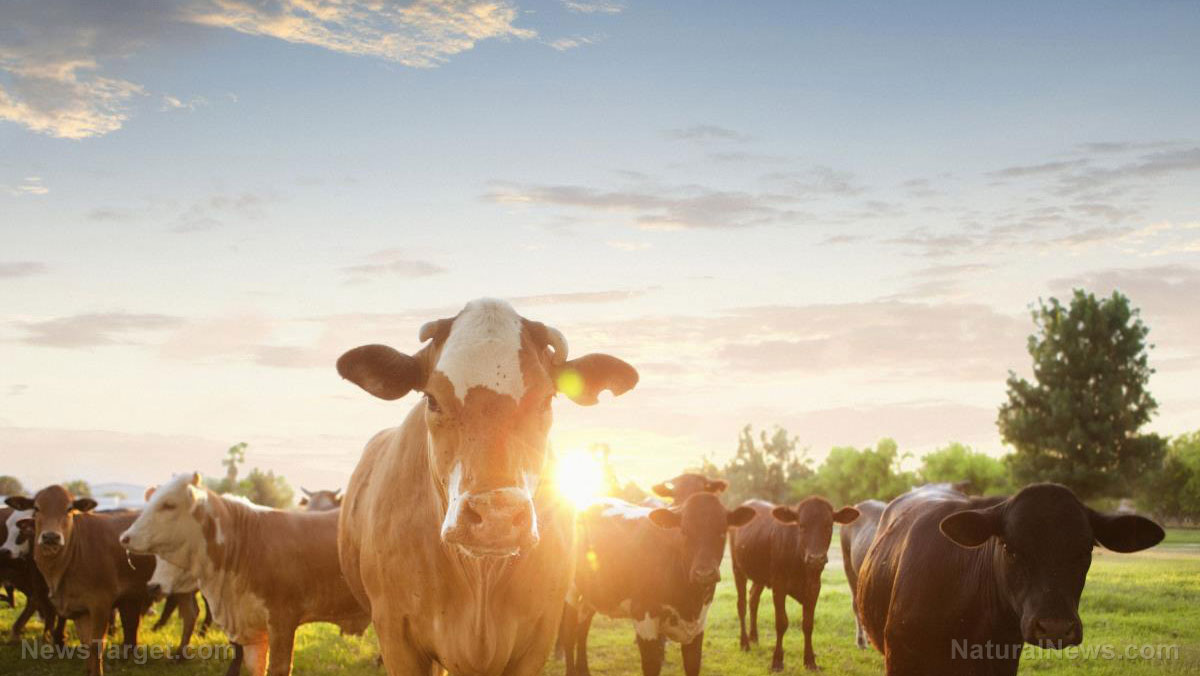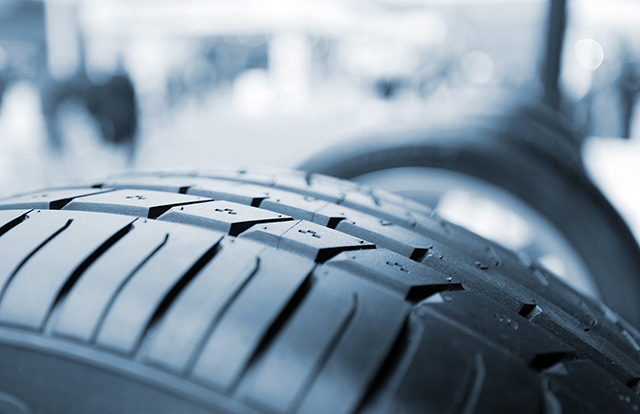
The state of California, alongside much of the western U.S., is again facing severe drought. The drought hitting the Golden State has notably threatened its agriculture. With about four-fifths of California's developed water allocated to growing crops, the drought itself is enough to raise alarm bells.
According to the U.S. Drought Monitor at the University of Nebraska-Lincoln, almost all of California is experiencing severe to exceptional drought. Two papers also elaborated that the Golden State's drought is not just a one-off occurrence.
A 2020 paper published in Science found that the southwestern U.S. experienced its second driest 19-year period from 2000 to 2018. Another study published in Geophysical Research Letters found that from 2012 until 2014, California experienced its driest three-year period. Both studies noted that the patterns occurred at least 1,200 years prior.
There are several types of drought that California has experienced. First, agricultural drought is caused by dwindling soil moisture. Global warming worsens this situation as more moisture from the land gets transferred to the atmosphere.
Second, changing precipitation patterns result in meteorological drought. Warmer temperatures will cause more rain to fall in the winter, but less during the spring and autumn months. This essentially extends the dry season in California. According to researchers, the rainy season in California "has become shorter and sharper" since the 1960s.
The impact of global warming on the snowpack in the Sierra Nevada Mountains also triggers two types of droughts. Snow drought happens when the snowpack from the mountains melts more quickly. Hydrological drought occurs when the melted mountain snow no longer replenishes water levels in rivers, lakes and streams.
Reports from June 2021 said California's reservoir water levels were about 40 percent below the historical average. Meanwhile, the Sierra Nevada snowpack was completely gone more than a month earlier than normal. Other western states such as Nevada, Oregon, Arizona and Utah also experienced droughts – leading Utah Gov. Spencer Cox to exhort residents to pray for more rain.
The California drought has had a large effect on crops and others
The drought in the Golden State has far-reaching effects on its agriculture, environment and waterways. First, it threatens the agriculture industry in California. The state produces two-thirds of all fruits and nuts in the U.S. – and about 80 percent of all the world's almonds. California almonds generate $6 billion worth of revenue annually. (Related: California's San Joaquin Valley, once fertile farming ground, now succumbing to drought.)
However, almond trees and other nut trees require a lot of water – which poses a problem for farmers who face water shortages. This has led to some farmers removing almond trees on their farms and replacing them with crops that require less water to grow.
Second, the drought also increases the risk of wildfires – with hotter and drier conditions and dead trees serving as a recipe for these blazes. Bark beetles attracted by warmer winters attack these stressed trees until they die, resulting in more fuel for wildfires. According to the Fourth National Climate Assessment Report, worsening droughts and bark beetles have killed seven percent of forests in the western U.S. over the past 40 years.
Third, the drought affects waterways in the Golden State. According to the same report, severe drought between 2011 and 2015 reduced hydroelectricity generation in California – courtesy of the Hoover Dam hydroelectric plant – by two-thirds. Aside from hydroelectricity, the droughts also impact the population of salmon and other fish species in California rivers. (Related: Despite record-breaking drought conditions, California officials are draining reservoirs.)
Nevertheless, water conservation think tank Pacific Institute expressed hope that California could alleviate the effects of subsequent droughts. Six of the institute's water resources experts suggested a number of actions that California and other southwest states can implement to address water shortage in a June 4 article.
The experts wrote in their piece that drought-affected states can change their citizens' behaviors alongside how they make use of urban and agricultural water. They also suggested exploring non-traditional water sources such as stormwater and recycled water. "All [these steps] … can help lessen the severity of [the current] drought and future ones," the experts noted.
Collapsifornia.com has more stories about the drought affecting the Golden State.
Sources include:
Please contact us for more information.




















